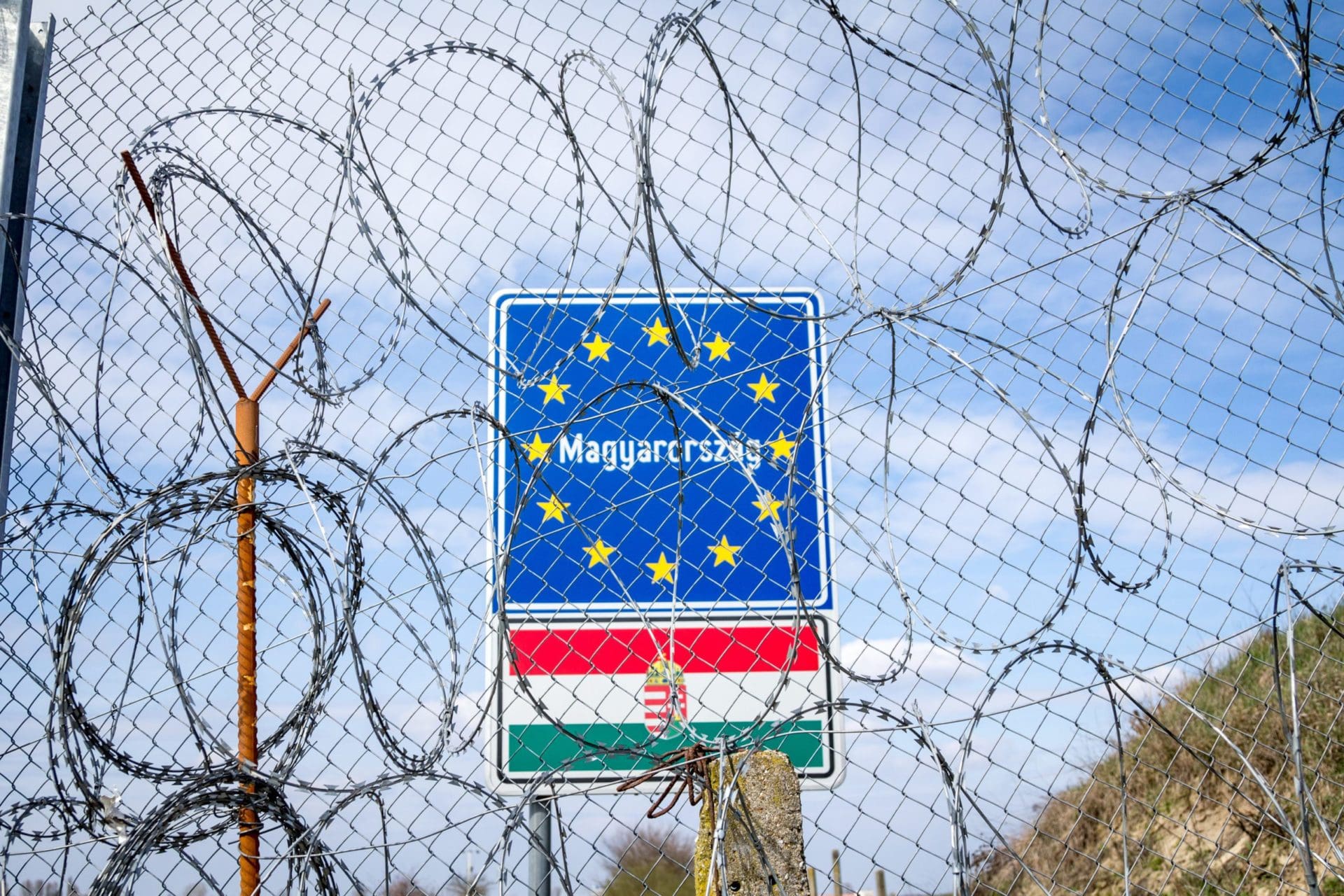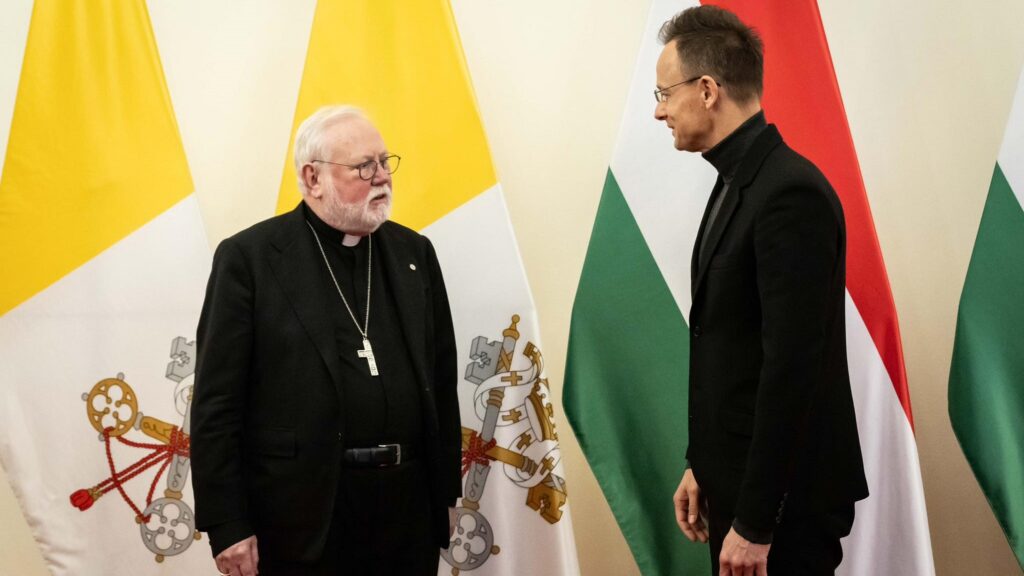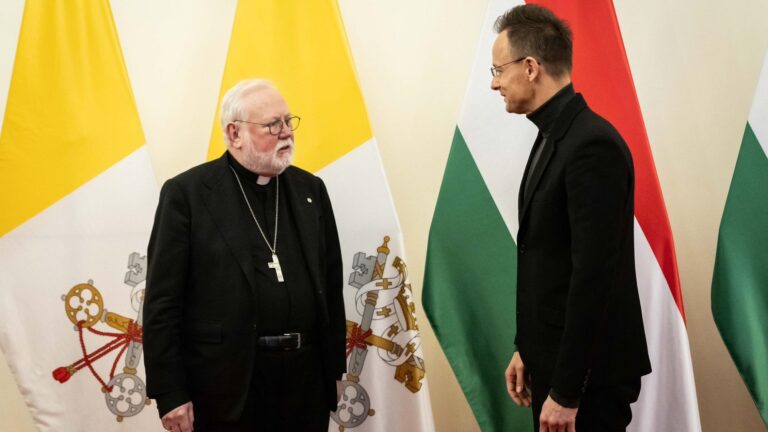After human smugglers were released in accordance with a government decree in Hungary, Austria has strengthened control at its eastern border and has summoned the Hungarian ambassador to the country.
Gergely Gulyás spoke about the release of human smugglers held in domestic prisons during a press conference on 11 May. According to a new government decree, these released smugglers are required to leave Hungary within 72 hours. Gulyás stated that the Ministry of Interior can guarantee in all cases that the released smugglers actually leave the country. He referred to it as a correct decision not to keep those hundreds of human smugglers who currently enjoy ‘Hungarian prison services’ at the expense of Hungarian taxpayers.
Currently, there are a total of 2,600 individuals imprisoned for human smuggling, the majority of whom are foreigners. Gulyás stated that it is too expensive to keep foreign convicts in custody, and moreover, the prisons are overcrowded. Foreigners make up more than 13 per cent of the incarcerated population in Hungarian prisons. Austria has responded to these developments in recent days. Austrian Interior Minister Gerhard Karner instructed the relevant department to immediately establish contact with its Hungarian counterparts and prepare the necessary countermeasures. According to a spokesperson of the Austrian Ministry of the Interior, ‘Human smugglers are criminals who belong to organised crime groups. Their brutal actions endanger human lives.’
The Austria government clearly views the development as an unfriendly step. On Monday morning, news arrived that due to the human smugglers released in Hungary, Austria strengthened controls at its eastern border, making the crossing into Austria nearly a one-and-a-half-hour procedure. Austrian Minister of Foreign Affairs Alexander Schallenberg announced on Monday that his ministry was summoning the Hungarian ambassador over the move. The minister declared that the Hungarian government’s measure is a ‘a completely wrong signal’ and demanded full clarification from Hungary on the matter.
Read more:








